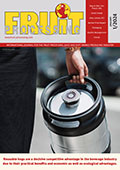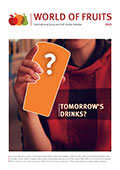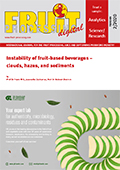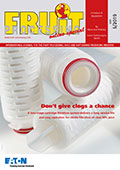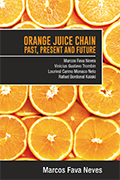Tetra Pak and Lactogal cut carbon footprint of aseptic cartons for milk by a third, increasing renewable content with a paper-based barrier
Following successful commercial consumer testing in 2022, Tetra Pak and Lactogal have now launched an aseptic beverage carton featuring a paper-based barrier. This is part of a large-scale technology validation, …
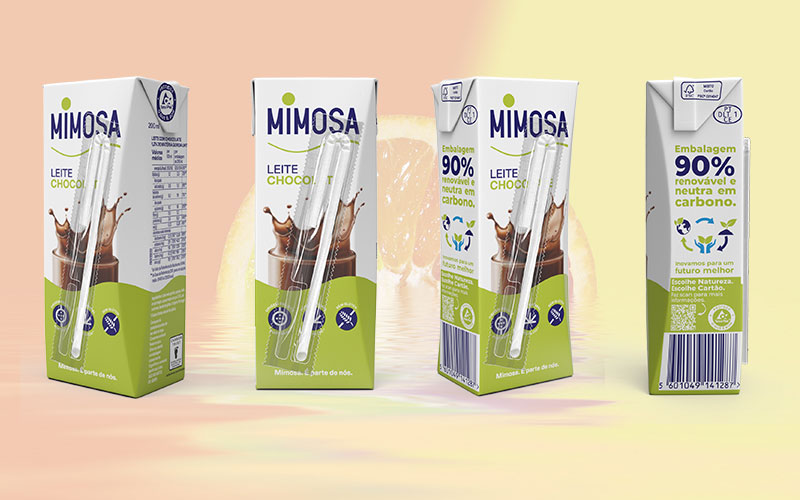
Following successful commercial consumer testing in 2022, Tetra Pak and Lactogal have now launched an aseptic beverage carton featuring a paper-based barrier. This is part of a large-scale technology validation, involving around 25 million packages and currently ongoing in Portugal. Made of approximately 80 % paperboard, the package increases the renewable content to 90 %, reduces its carbon footprint by one third (33 %1) and has been certified as Carbon Neutral by the Carbon Trust™.2
Greenhouse gas emissions, food waste and plastic littering are cited as the top three environmental sustainability concerns facing food and beverage (F&B) businesses today, and this is expected to remain the case over the next five years.3 Packaging solutions like these, that expand the amount of paper and lower the carbon footprint, while ensuring food safety, can help the industry overcome these challenges.
In 2015, Tetra Pak was the first in the industry to introduce a package made fully from plant-based renewable materials – paperboard and sugarcane-based plastic. The Tetra Rex® Plant-based package, suitable for cold chain distribution, is fully renewable, and the company has delivered approximately 6.5 billion of these packages to customers around the world to date.
Now, the launch of the Tetra Brik® Aseptic 200 Slim Leaf carton with paper-based barrier, together with Lactogal, provides a package that can be distributed under ambient conditions, while hitting the 90% renewable content mark. This brings Tetra Pak one step closer to its ambition of a beverage carton made solely from responsibly sourced renewable or recycled materials, fully recyclable and carbon neutral. The company is aiming for industrial scale production of the solution by 2025.
1Certified by the Carbon Trust™ – benchmark: Tetra Brik® Aseptic 200 Slim Leaf carton package with aluminium foil layer.
2“Carbon neutral” means that, after reducing the CO2 emissions by converting the package’s fossil-based polymers into plant-based polymers to the highest possible extent, the residual CO2 emissions associated with the packaging manufacture are offset by funding Gold Standard-certified climate projects around the world.
3Tetra Pak B2B research on Planetary Challenges and their impact on F&B manufacturers’ operations (2023).



